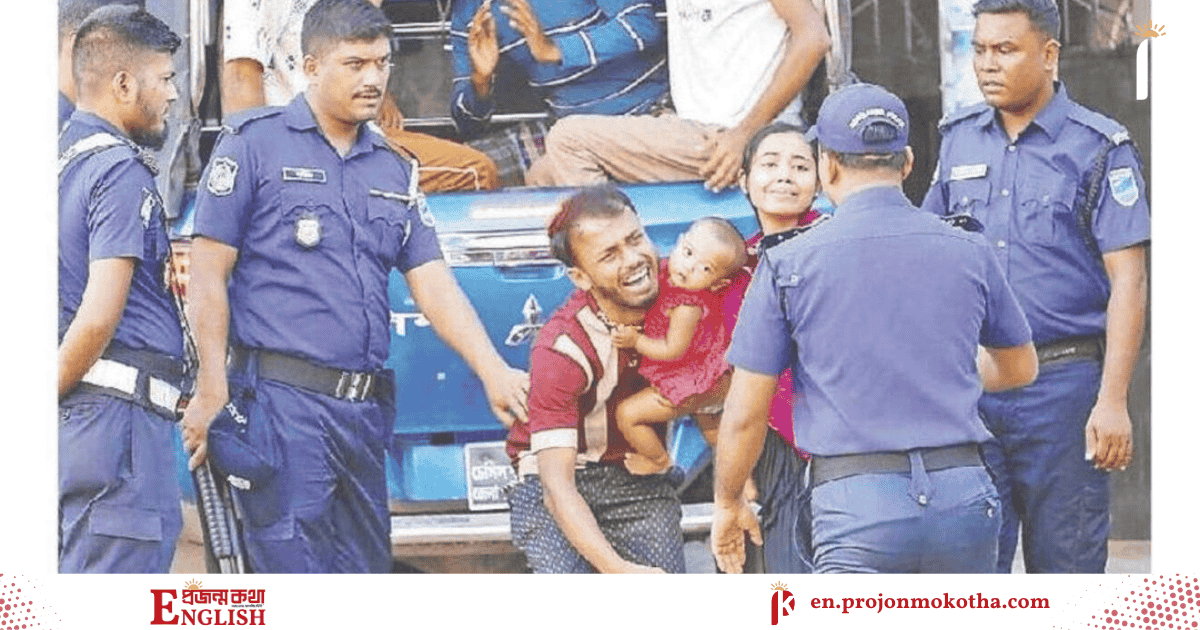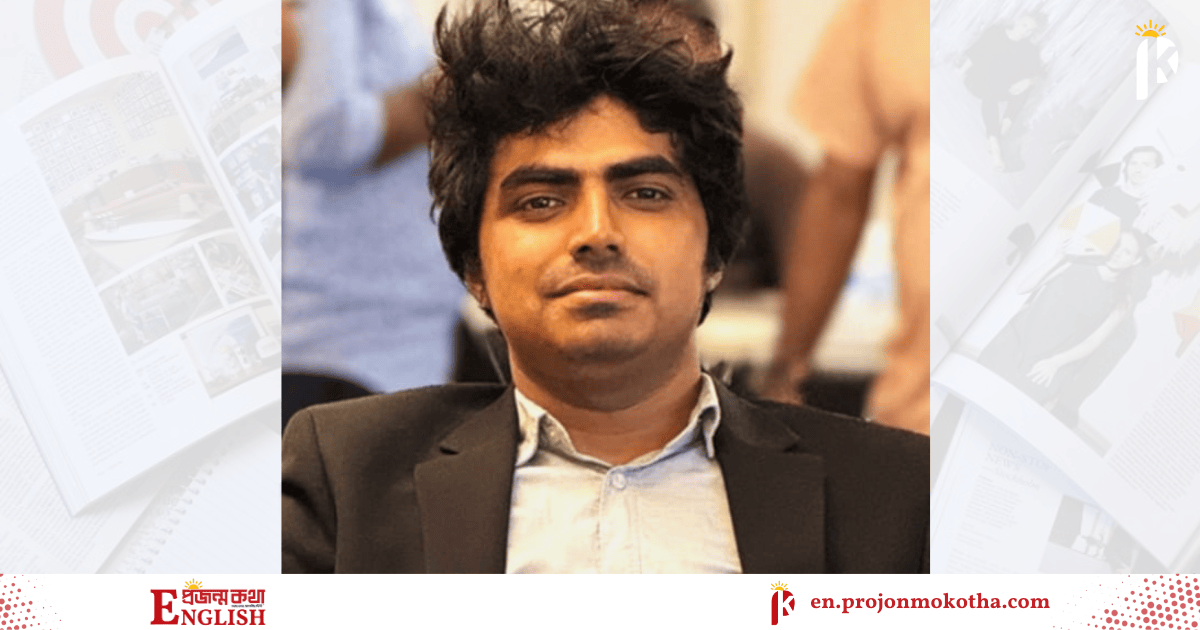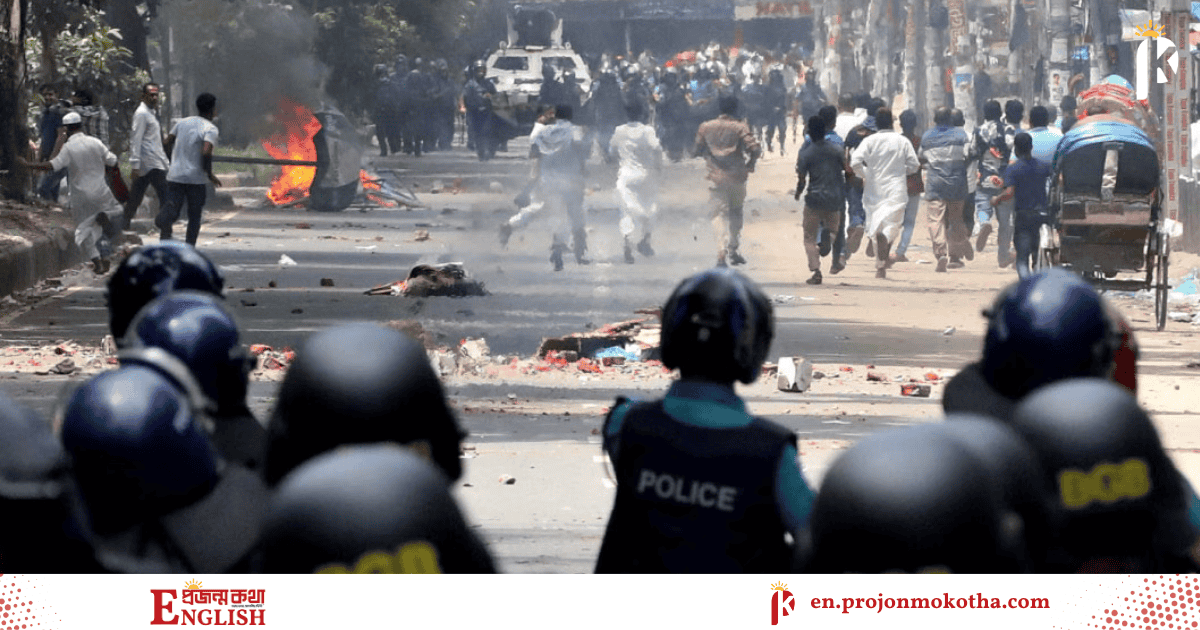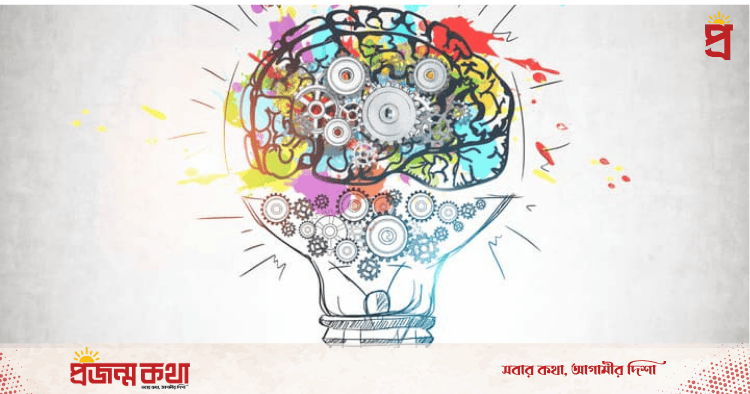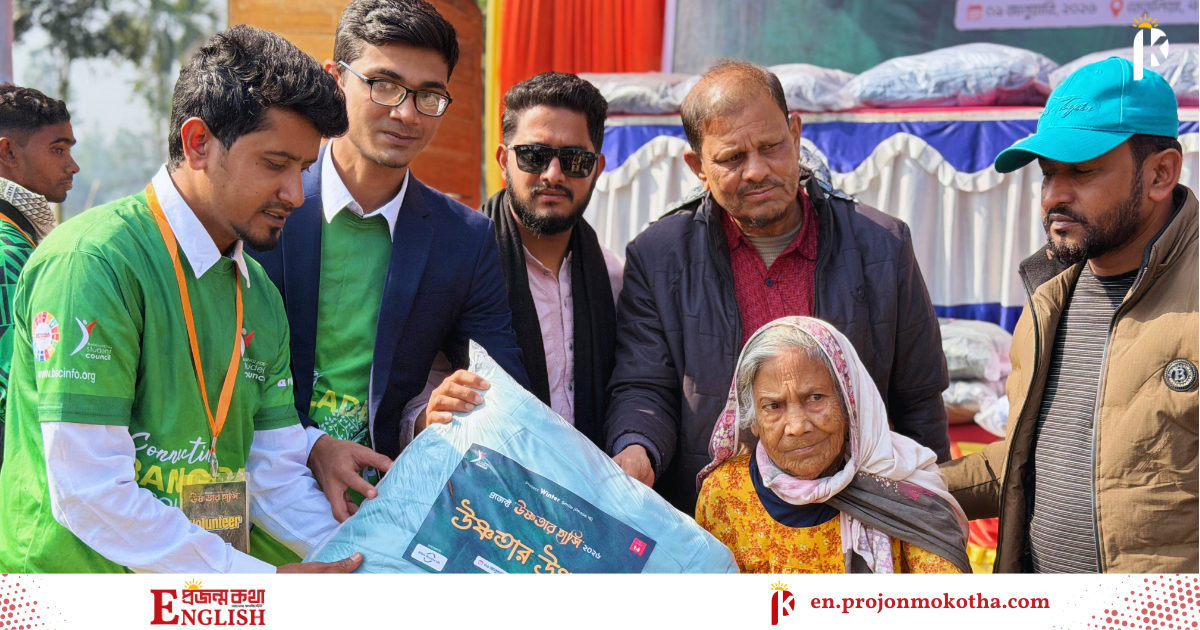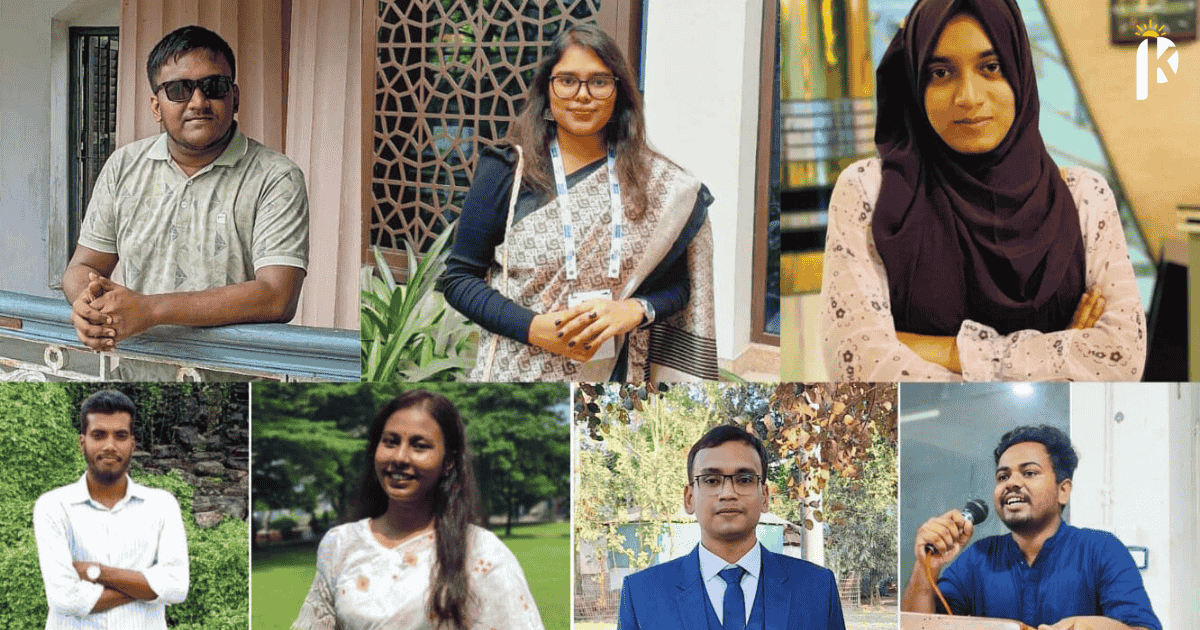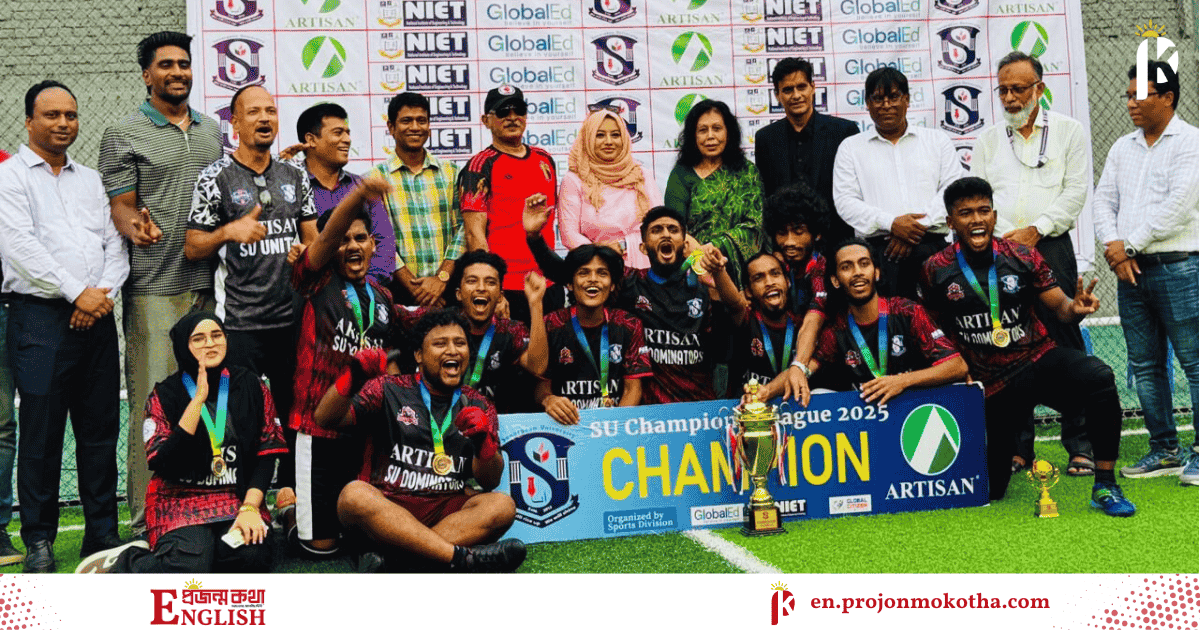Gopalganj and the Question of Justice: A Nation’s Conscience on Trial

- Publish : 09:54:42 pm, Saturday, 19 July 2025
- / 74
This government’s tenure may be nearing its end, but in its final stretch, the interim administration seemingly afflicted by what many are calling the “Gopalganj syndrome” has blemished its brief mandate with actions that reek of political vengeance and human disregard.
Even a convict retains the right to life, dignity, and justice. Yet, the citizens of Gopalganj innocent and unarmed are being treated as if stripped of their basic rights. Under the pretext of curbing dissent and referencing the name of the banned Chhatra League, a climate of fear has gripped the region. Daily life is paralyzed. Five have lost their lives. Over a hundred lie injured physically broken, emotionally shaken. HSC exams are suspended, homes remain besieged, and a father cannot even fetch milk for his newborn without risking arrest or abuse.
Disturbingly, calls are being made from political corners to sever electricity and water supplies to Gopalganj. What else can such a stance be called but an act of ethnic and regional hatred? Are the children of this land to be punished for their birthplace? Is collective punishment to be legitimized in the republic?
Equally alarming is the state’s casual disregard for due process. International human rights standards demand autopsies in cases of unnatural death. Yet, the government rushed to bury victims without post-mortem examinations, only to later offer the chilling proposition that the bodies may be exhumed “if needed.” Such callousness reopens the wounds of the families—not just once, but again and again. How many times must the same household mourn the same death?
Historical revisionism too seems to play into this dark drama. One cannot claim allegiance to the Liberation War and simultaneously undermine the legacy of its undisputed leader, Sheikh Mujibur Rahman. That legacy was sealed not just in life, but in the tragic sacrifice of his entire family. History does not vanish by desecrating graves or distorting narratives. If so, what justice remains for the blood spilled during our nation’s birth?
And beyond Gopalganj, other fires burn. Justice is still elusive in the case of July martyr Abu Sayeed. Survivors of that movement continue to suffer, neglected. Across the country, lives and property remain vulnerable. Governance is fractured. Institutions are failing. In this context, one must ask: is the Gopalganj issue being amplified to distract the nation from broader, unresolved crises?
A true democracy does not pick and choose whose rights to defend. It does not criminalize regions. It does not bury truth. It does not weaponize memory. Injustice in one part of the country sets a precedent for injustice everywhere.



